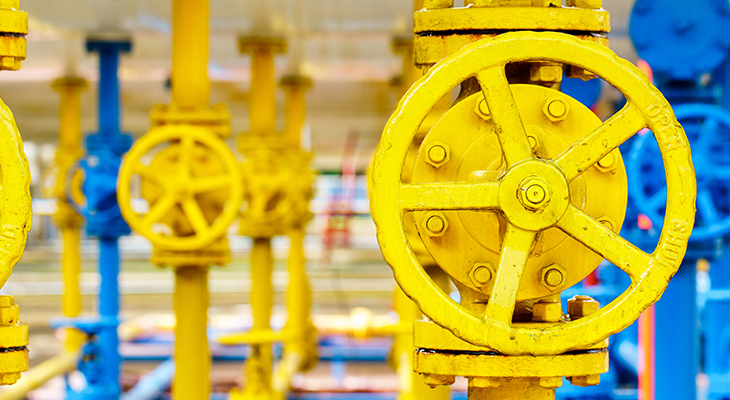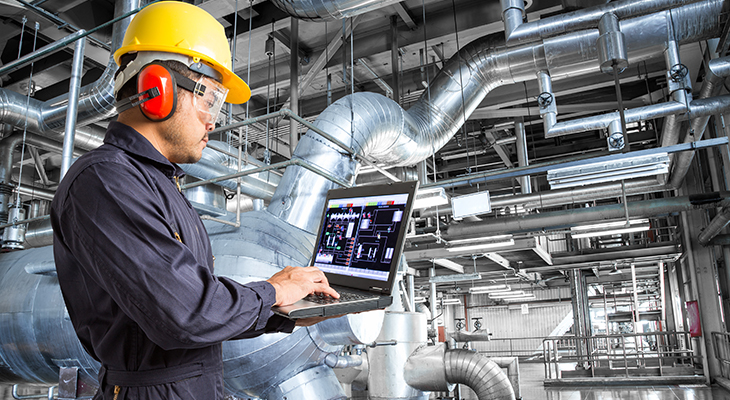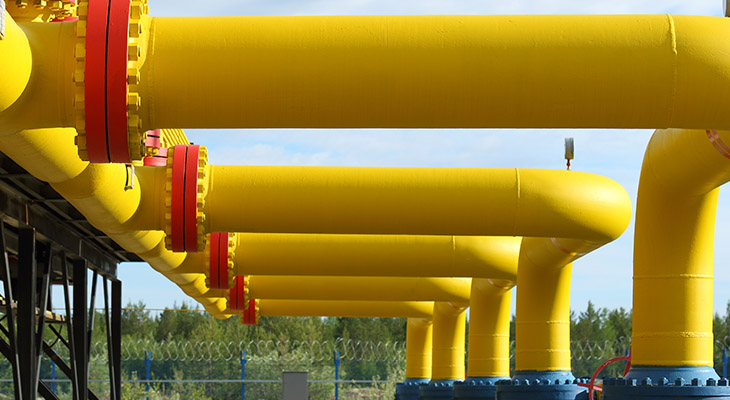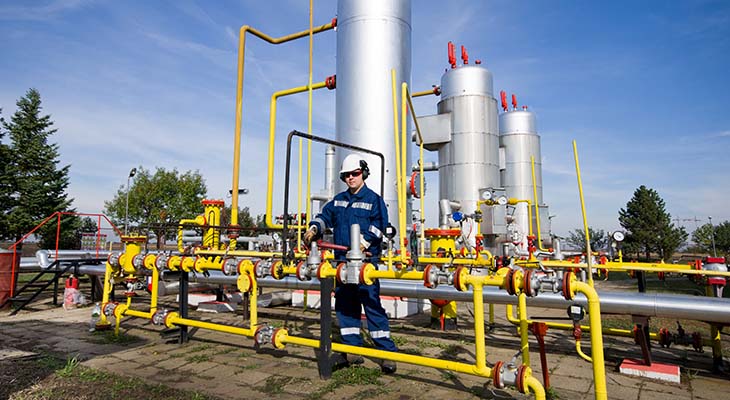

Need industrial control of fluids? Discover how your company benefits

Today we are constantly changing due to the advancement of technology and innovation, which is increasingly adapting to the needs of customers or the industry itself to carry out work more efficiently and effectively.
Automation in the industrial sector is one of the most relevant aspects of the digitization of production processes, because due to the application of systems that carry out this procedure, companies can dominate all activities and manage the evolution of their processes without continuous intervention. of a person.
A clear example is the SCADA system (Supervision, Control and Data Acquisition). It is a software that automates information from communicating, controlling and supervising various devices to manage remotely, optimizing and improving the production process of companies in real time.
This innovative technology, functional mainly in computers, offers the user communication through a graphical interface, editing tools in which they can create their own process diagrams adding any information in real time, implementing graphic elements to present the most dynamic platform.
Today all industrial organizations are inclined towards the need to maximize the return on assets through operational excellence, as remaining competitive means constantly finding ways to work faster and more efficiently in your production process.
The main functions of this system are:
- Collection and storage of data.
- Graphic representation of the variables.
- Execution of control actions to modify.
- Connection with other applications and databases.
- Open and flexible architecture.
- Supervision.
- Transmission of information.
- This SCADA system is applied in various areas of the industry, such as:
- Transportation processes in supply systems.
- Chemical and / or physical processes.
- Distribution of electricity, gas or other distribution processes.
- Production management.
- Maintenance (evaluates and determines failure modes)
- Administration (links data between systems)
A SCADA system must be able to provide the system:
- Allow the creation of alarm panels, which require the presence of the operator to know the situation or problem.
- Generate historical data of the plant signal.
- Execute programs that modify the control law.
- Possibility of numerical programming, which allows high resolution arithmetic calculations.




